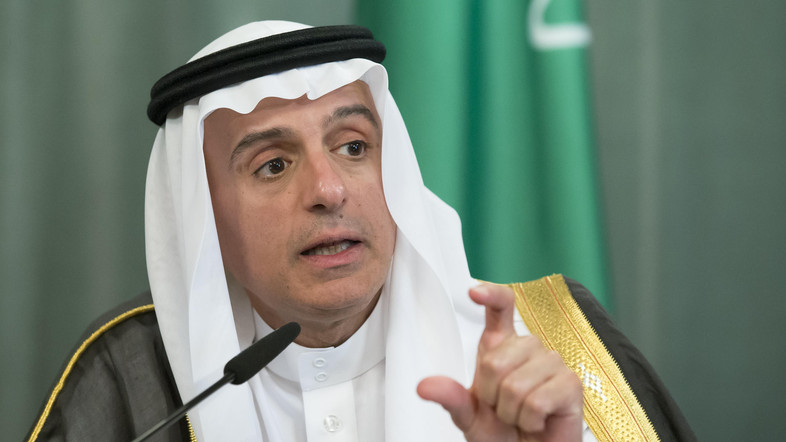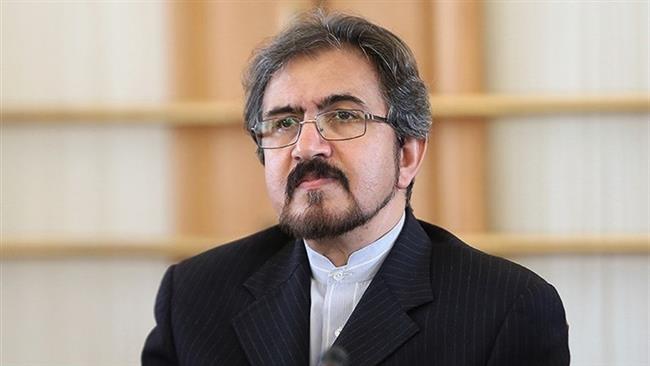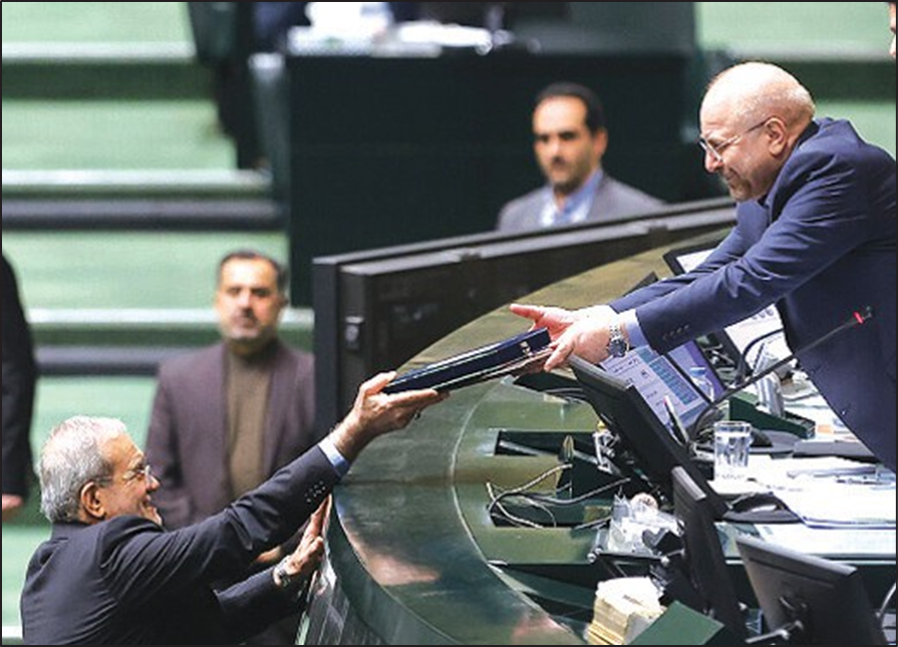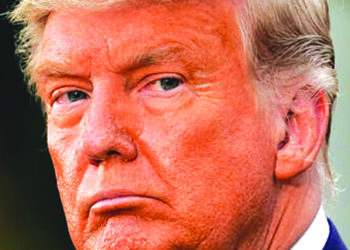January 03, 2017
Saudi Arabia and Iran took turns last week blaming each other for their sour relations.
Saudi Foreign Minister Adel al-Jubeir asserted Tuesday that Saudi Arabia tried to build good relations with Tehra

n, but insisted the Iranian regime would not abandon aggressive policies and interventionism in the region’s internal affairs, which he said started with the 1979 revolution.
Commenting on the latest statements by Iranian President Rohani on Saudi Arabia, Jubeir told a joint press conference with his French counterpart, Jean-Marc Ayrault, “Saudi Arabia has not bombed Iranian embassies or assassinated its diplomats, because such behaviors are not part of our ethics.”

The Saudi embassy in Tehran and its consulate in Mashhad were attacked by mobs last January and set afire while police did nothing, but were not bombed. In the 1980s and 1990s, five Saudi diplomats were killed in foreign countries, some by bombs. The killings were widely assumed to have been organized by the Islamic Republic.
Jubeir said: “At the end, Iran is an Islamic and neighboring country. It is better for us and for them to have peaceful coexistence. The Kingdom tried to establish relations with Iran, but, regrettably, Iran continues its aggressive policies towards Saudi Arabia since the Khomeini revolution.”
Jubeir also said Iran was planting terrorist cells in Saudi Arabia and across the region in spite of Riyadh’s efforts to establish good relations with Tehran.
In Tehran, Foreign Ministry spokesman Bahram Qasemi denied Jubeir’s assertions.
Saudi Arabia’s claims misrepresent the facts in the region, he said. It is Riyadh that has paved the way for the growing terrorism of recent years, Qasemi said.
Qasemi said: “Jubeir’s permanent psychological projections cannot deny the history of the appearance and growth of extremism.”
Qasemi said, “The Saudi monarchy paved the way for the growing, perverted school of terrorist thought and the waves of hatred in west Asia and North Africa. The daily killing of numerous innocent people, the looting of their properties and the destruction and burning of their homelands are the results of Saudi rule.”
Pointing to the war in Yemen, Qasemi said: “The Saudi foreign minister’s excuses for barbaric attacks on Yemeni women, children and civilians are the sign of its gross failure” in using military action in Yemen.
The UN estimates that about 10,000 people have been killed in Yemen and 400,000 in Syria in the wars there. Iranian news coverage of the two wars commonly paints the Saudis as targeting schools, hospitals and residences while in Syria the pro-government forces only kill terrorists and people who behead their opponents.
Qasemi said, “Improving relations with neighbors is one of the main priorities of Iran. We took appropriate steps in past years in order to normalize and improve relations with our neighbors, but the Saudis’ clear and covert sabotages are the main obstacles in having a secure and stable region.”




















